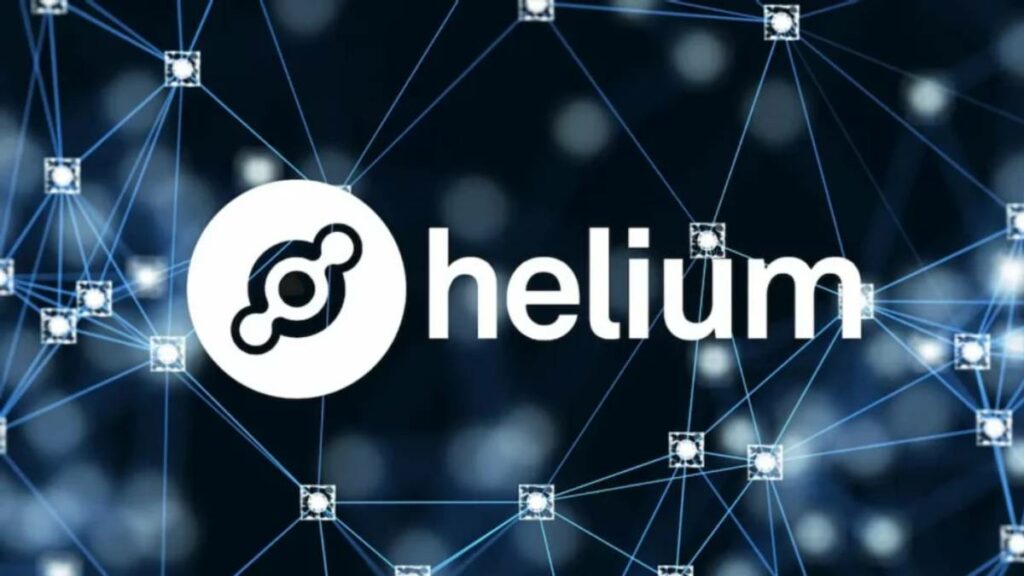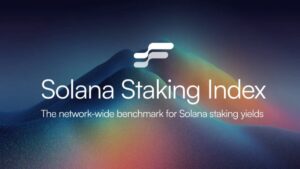TL;DR
- HNT rose 45.19% in seven days, reaching $5.06, and is the second-best performing token among the top 100 cryptocurrencies.
- The Helium mobile network surpassed 100,000 subscribers, with a more than 300-fold increase in a year.
- Helium is in a pilot program with telecom companies to transfer data and has launched a licensing program for compatibility with third-party hardware.
The HNT token of Helium Network has recorded an impressive 45.19% increase in value over the past seven days, reaching $5.10, according to CoinMarketCap data.
This positions it as the second biggest gainer among the top 100 cryptocurrencies by market value, only surpassed by the meme coin dogwifhat (WIF).
In comparison, Bitcoin (BTC) and the CoinDesk 20 (CD20) Index have each risen 7%, according to official data.
Helium Network is a decentralized blockchain network for the Internet of Things (IoT), allowing devices to communicate and share data through small devices called hotspots.
These hotspots act as wireless gateways and reward their owners with HNT tokens for providing network coverage and verifying connectivity.
Helium Mobile, the mobile phone service that uses the Helium network, has seen a significant increase in its number of subscribers, surpassing 100,000 earlier this month. This figure represents an increase of more than 300-fold in a year, according to Helium Mobile data.
This growth has been driven by Helium Mobile’s ability to connect devices to hotspots, allowing data transfer and communication without relying on traditional centralized cellular networks or Wi-Fi networks.
The Helium Mobile roadmap progress report, published on July 12, revealed a pilot program with major U.S. telecom companies to transfer data to the Helium network.

A Licensing Program Was Announced to Increase Helium Compatibility
This will enable connectivity for Helium users and subscribers of any service provider supporting OpenRoaming.
According to Tom Shaughnessy Jr, founder of Delphi Ventures, Helium is a solid example of how blockchain technology can solve real-world problems.
Shaughnessy highlights that Helium’s 5G offering provides better pricing for retail consumers, as reselling home internet is cheaper per mobile user compared to a direct mobile plan with a carrier.
A home internet service costs between $50 and $100 per month, and it can be resold to many users for less ($20 per month for Helium plans), instead of each person paying between $50 and $100 for their own mobile plan. With 100,000 subscribers and counting, Helium’s growth is remarkable.










